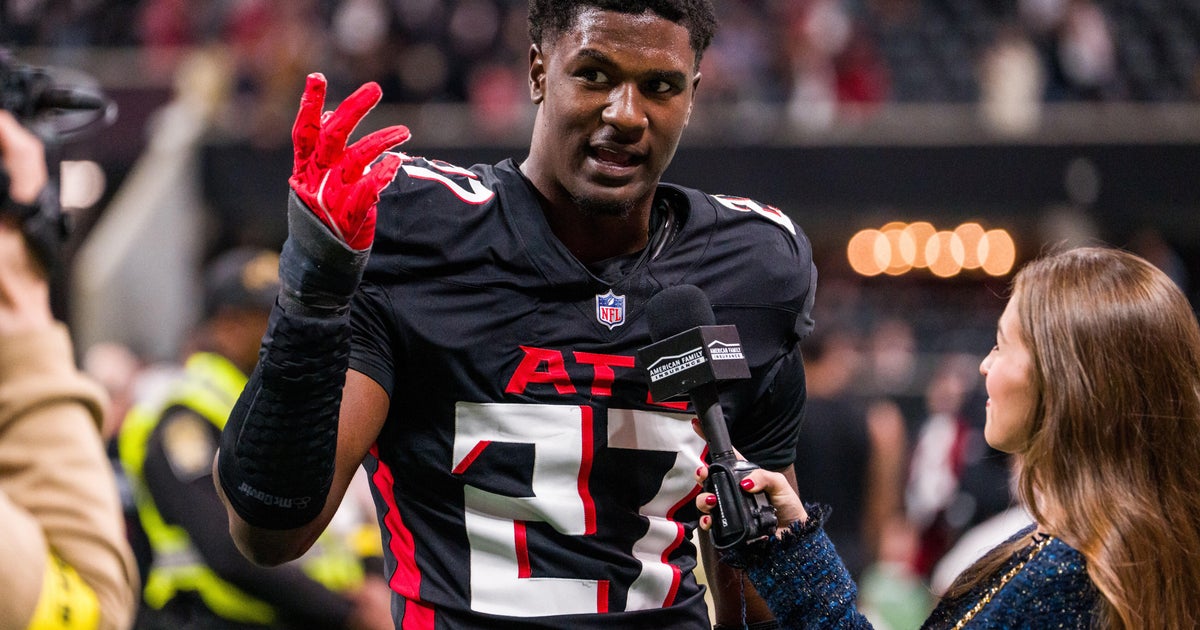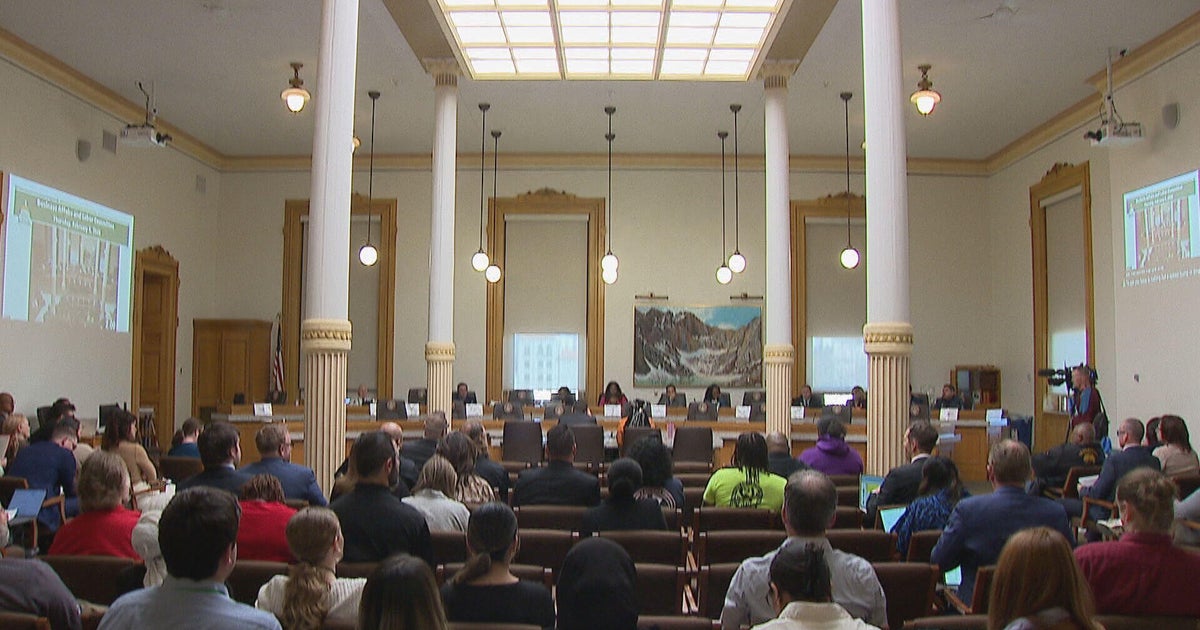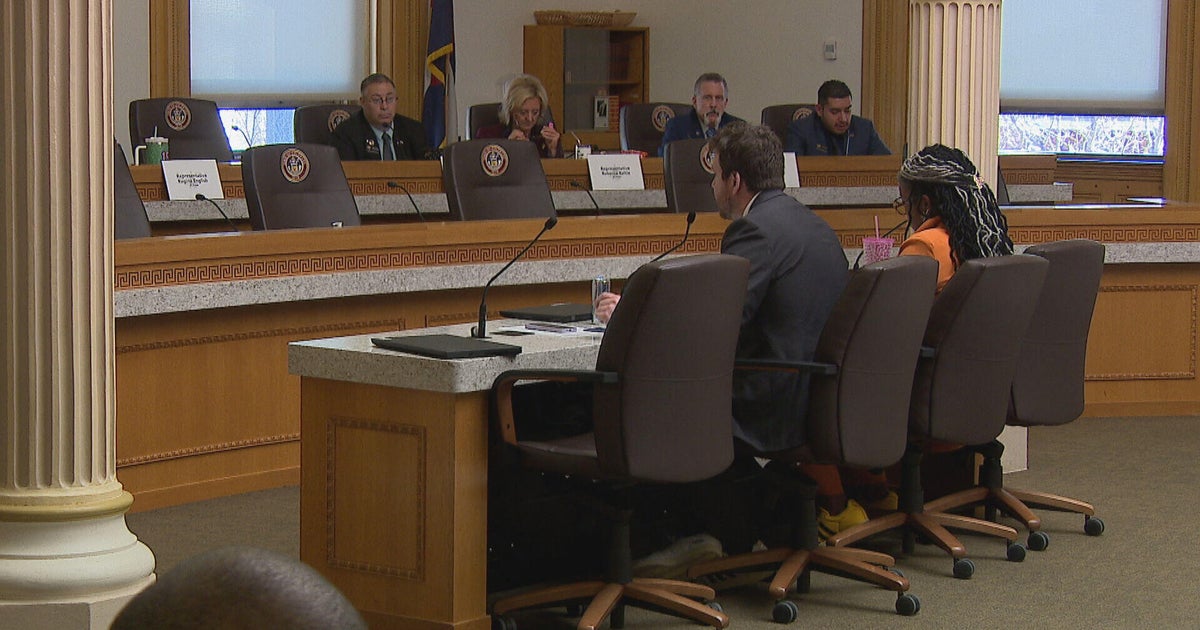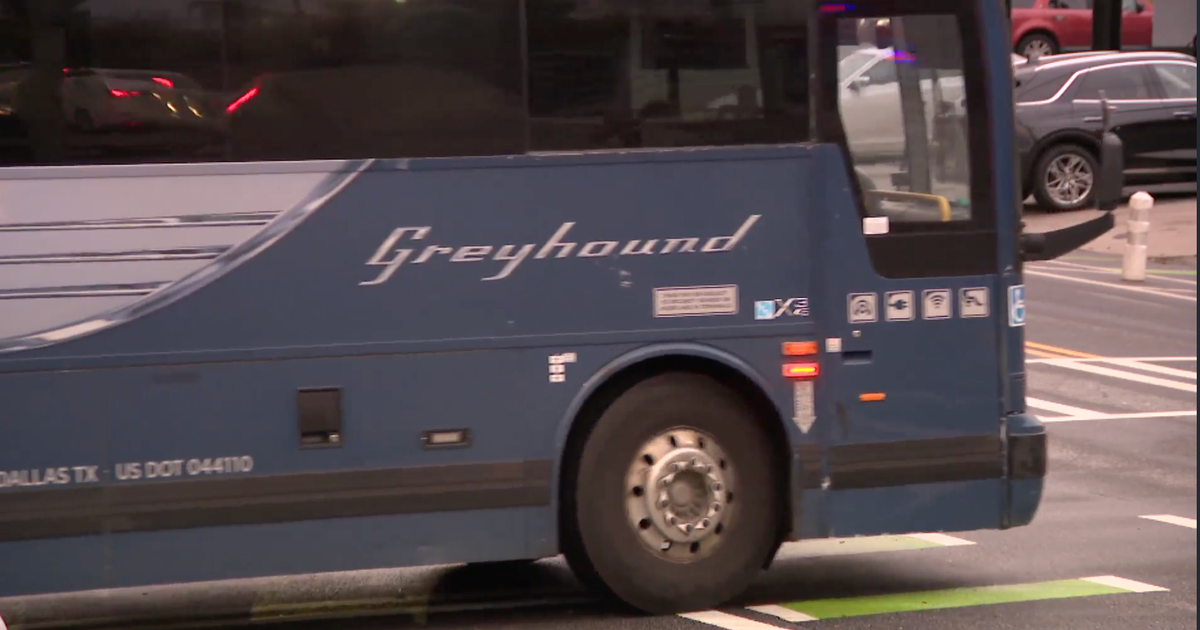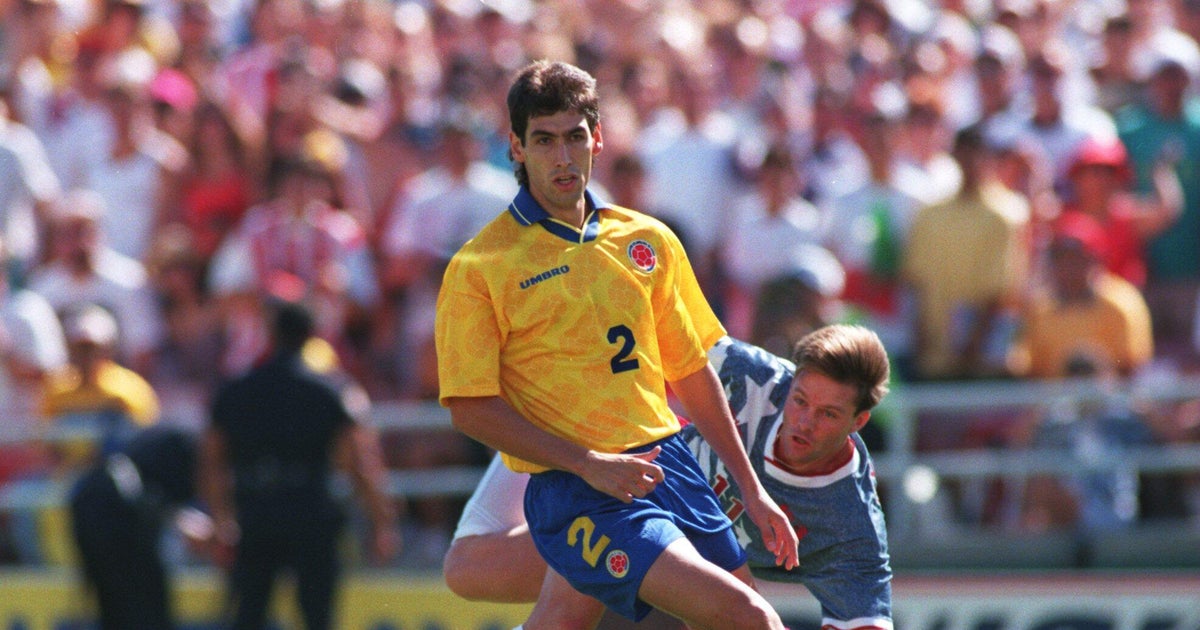Program To Rank Stadium Funding Requests
TALLAHASSEE (CBSMiami/NSF) - The new pro soccer franchise in Orlando and Daytona International Speedway would be put on the same playing field with teams from other major leagues when seeking state sales-tax dollars, under a measure advanced Monday in the House.
The House Economic Affairs Committee voted 17-2 to support a proposal (PCB 14-02) by Chairman Jimmy Patronis that would establish application guidelines --- including a ranking system and repayment provisions --- for the owners of stadiums asking the state to help fund construction or facility upgrades that top $100 million.
"We want to encourage larger, bigger, bolder venues that hopefully have greater economic impact," said Patronis, a Panama City Republican.
The proposal would delay any government or private stadium funding requests now before the state until at least the 2015 legislative session, while expanding the number of organizations that could be eligible for state sales-tax dollars to include Major League Soccer franchises and NASCAR speedways.
Currently, teams tied to Major League Baseball, the National Hockey League, the National Football League and the National Basketball Association are eligible for sales-tax dollars for stadium work.
Stadium proposals for Major League Soccer in Orlando, the Miami Dolphins, Jacksonville Jaguars and Daytona International Speedway failed in the 2013 session.
On Monday, backers of some of those stadium projects expressed lukewarm support for Patronis' proposal due to the repayment provisions.
Repayment, with a 5 percent penalty, would be required if a project fails to boost sales taxes by numbers projected in the application or if the team leaves a complex before the agreement expires.
For an existing stadium, improvements would have to immediately generate higher sales-tax numbers, while new stadiums would have five years before an analysis would be used that sets the benchmarks for repayments.
Miami Dolphins Lobbyist Ron Book said investors will not finance projects with provisions requiring an applicant to repay money if sales-tax numbers don't grow to pre-set numbers.
"If you set those incremental increases, and you chisel those into a place, and you don't wait until the end of a period to allow a franchise or facility to true up, you won't get an investment company to come in and agree to do a financing," Book said.
Patronis said the repayment provisions are intended to require applicants to be more realistic when projecting how much economic impact projects will create.
"We're going to make sure that the numbers they come in with in their proposal are very conservative, we're going to make sure they're hitting their goals," Patronis said. "And if they exceed the sales-tax benefits that they say they're going to bring the state, we'll give them one warm pat on the back."
The overall proposal also sets a timeline for owners of stadiums, private or government operated, to apply for funding from the state Department of Economic Opportunity, which would rank projects for viability and the potential return on investment for the state.
A pool of $12 million a year would be available for stadium projects. A maximum of $2 million could be designated for any one project, of which 25 percent would remain with the state.
The rankings would go before state lawmakers to determine if projects should be funded.
Having resisted individual funding proposals for stadiums in the past, Americans for Prosperity of Florida opposes the proposal by Patronis for expanding the potential number of teams that could seek state funding.
"I'm not entirely sure why it became acceptable for Floridians' hard earned tax dollars to subsidize multimillion-dollar private enterprises," said Abigail MacIver, director of policy for the conservative group funded in large part by the billionaire Koch brothers.
Rep. Ed Hooper, R-Clearwater, said the proposal doesn't allocate any money and starts a debate on establishing a long-needed economic development process.
"I don't give a hoot about a billionaire sports franchise owner, when I make an investment in anything I look at it as what is going to be the return on that investment," Hooper said. "There is no doubt that international sports franchises, they attract people."
"The News Service of Florida's Jim Turner contributed to this report



